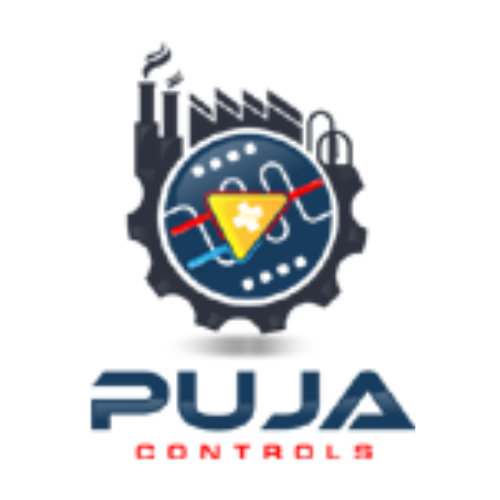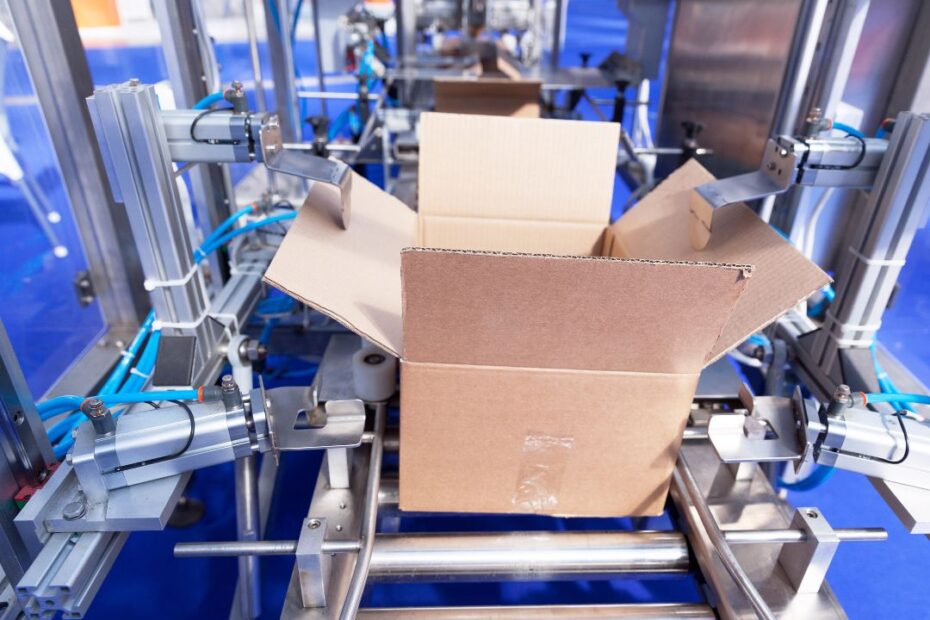In today’s rapidly evolving industrial landscape, sustainable manufacturing practices have become increasingly important for businesses striving to minimize their environmental footprint while maximizing efficiency. One area where sustainability and efficiency intersect is packaging automation. By leveraging advanced technologies such as SCADA systems and PLC panels, businesses can revolutionize their packaging processes to achieve greater sustainability while enhancing operational performance.
The Role of Packaging Automation in Sustainable Manufacturing
Packaging automation involves the use of advanced machinery and technologies to streamline and optimize the packaging process. From product sorting and filling to sealing and labeling, automated packaging systems can perform a wide range of tasks with precision and efficiency. By automating these processes, businesses can reduce waste, minimize resource consumption, and improve overall sustainability.
SCADA Systems: Enhancing Efficiency and Control
Supervisory Control and Data Acquisition (SCADA) systems play a crucial role in packaging automation. It provides real-time monitoring, control, and data acquisition capabilities. These systems allow operators to oversee and manage the entire packaging process from a centralized interface, enabling greater efficiency and control.
SCADA systems collect data from various sensors and devices throughout the packaging line, allowing operators to monitor key metrics such as production rates, equipment status, and energy consumption. This real-time data enables operators to identify inefficiencies. It allows to troubleshoot issues, and optimize performance to minimize waste and maximize productivity.
Furthermore, SCADA systems facilitate proactive maintenance by providing predictive analytics and alerts for potential equipment failures or maintenance needs. By addressing issues before they escalate, businesses can reduce downtime, extend equipment lifespan, and improve overall reliability.
PLC Panels: Precision Control for Sustainable Packaging
Programmable Logic Controller (PLC) panels are another essential component of packaging automation systems. PLCs provide precise control over individual components and actuators within the packaging line. Also they allow for seamless coordination and synchronization of operations.
PLC panels can be programmed to execute complex packaging sequences with precision and repeatability. It ensures consistent product quality while minimizing waste. Additionally, PLCs enable the implementation of energy-saving measures such as variable speed drives and power optimization algorithms, further enhancing sustainability.
By integrating PLC panels with SCADA systems, businesses can achieve seamless communication and coordination between different components of the packaging line. This integration enables greater flexibility, scalability, and efficiency. This allows businesses to adapt to changing production requirements and market demands while minimizing environmental impact.
Case Study: Implementing SCADA and PLC Automation for Sustainable Packaging
To illustrate the benefits of packaging automation for sustainable manufacturing, let’s consider a case study of a food processing company looking to optimize its packaging operations.
By implementing SCADA systems and PLC panels, the company was able to achieve the following:
1) Increased efficiency: SCADA systems provided real-time visibility into the packaging process. It allows operators to identify and address bottlenecks and inefficiencies.
2) Reduced waste: PLC panels enabled precise control over packaging equipment, minimizing product waste and packaging materials.
3) Enhanced reliability: Proactive maintenance alerts provided by SCADA systems helped prevent unexpected downtime, ensuring continuous operation and maximum uptime.
4) Improved sustainability: By optimizing packaging processes and minimizing resource consumption, the company was able to reduce its environmental footprint and achieve its sustainability goals.
Conclusion
Packaging automation powered by SCADA systems and PLC panels offers a sustainable solution for manufacturers looking to improve efficiency, reduce waste, and enhance overall performance. By harnessing the power of automation, businesses can achieve greater sustainability while maintaining competitiveness in today’s market. As technology continues to advance, the opportunities for sustainable manufacturing through packaging automation are endless. Embrace the future of sustainable manufacturing with SCADA and PLC automation for packaging.


Pingback: Applications of Control Systems Engineering in Everyday Life
Comments are closed.